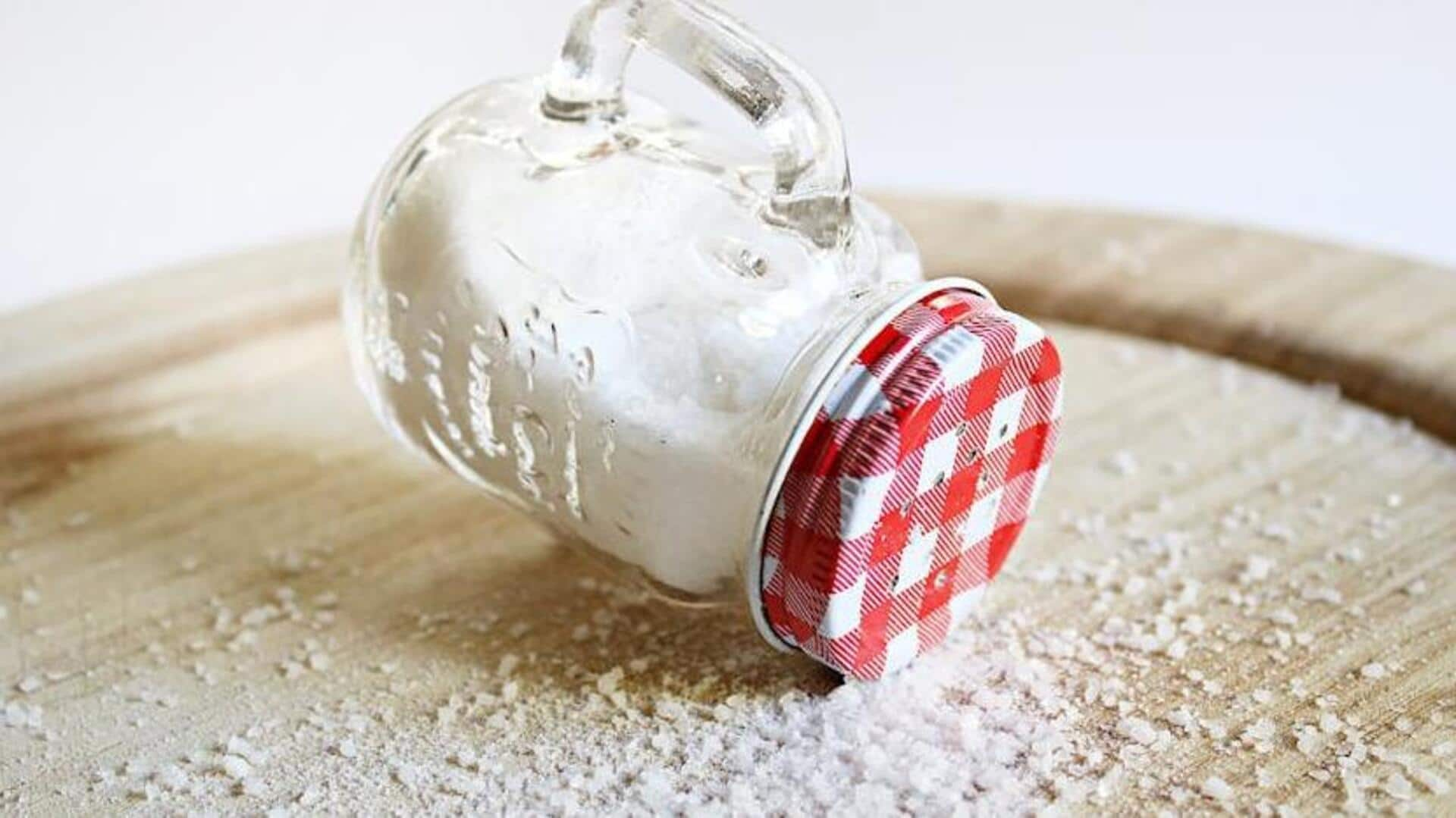
Truth about salt: Myths v/s reality
What's the story
Salt is a kitchen staple across the globe, but is also one of the most misunderstood ingredients. Many myths revolve around its consumption, which makes it difficult to know what role it plays in a healthy diet. Knowing the facts about salt can help you make wiser dietary decisions. This article will debunk some such myths and explain how salt can be included in a healthy diet without risking your health.
Types of salt
Myth: All salt is the same
Not all salt is created equal. Table salt, sea salt, and Himalayan pink salt vary in their mineral content and processing methods. While table salt is heavily processed to remove minerals, sea salts retain trace elements like magnesium and calcium. Himalayan pink salt even has additional minerals that give it the distinct color. Knowing these differences can help consumers choose the salt best-suited to their diet.
Sodium needs
Myth: Low-sodium diets are always best
While too much sodium can cause health problems such as high blood pressure, sodium is an essential nutrient that is required for nerve function and fluid balance. The body needs a certain amount of sodium each day for it to function properly. Instead of cutting out sodium altogether, it's important to regulate its intake based on your health requirements.
Weight misconceptions
Myth: Salt causes weight gain
Salt itself has no calories or causes weight gain directly, but it does cause water retention, which can lead to body weight going up on the scale temporarily. This water retention isn't fat gain but can impact how you feel physically, thanks to bloating or swelling.
Nutritional comparison
Myth: Sea salt is healthier than table salt
Here's busting another popular myth about salt that is mostly believed to be true. Despite popular belief that sea salts are healthier options purely because of their natural source or coarser texture profiles, sea salt and table salt contain the same amount of sodium by weight.
Blood pressure factors
Myth: Reducing salt will instantly lower blood pressure
Cutting back on dietary sodium could help manage hypertension over time. But you shouldn't expect immediate results. This is because other factors like genetics, lifestyle habits, and stress levels also come into play. They affect overall cardiovascular health outcomes beyond just modifications made through changing your daily diet alone. Without the larger picture of what surrounds you personally, too!